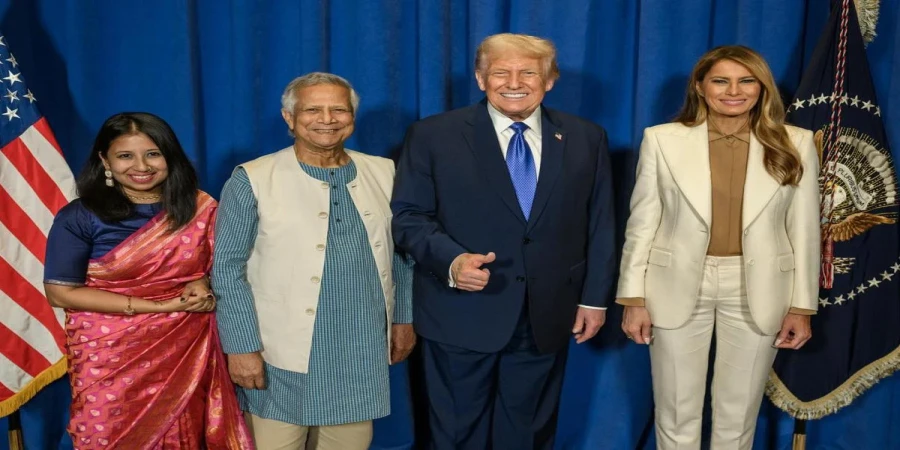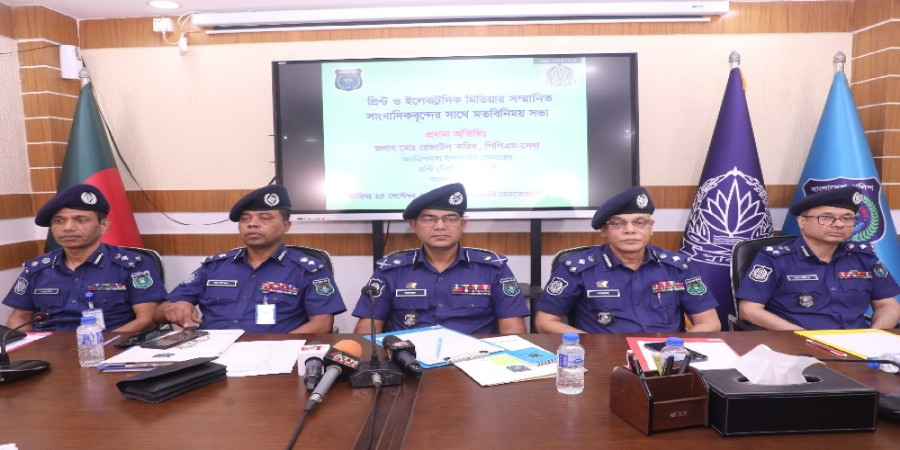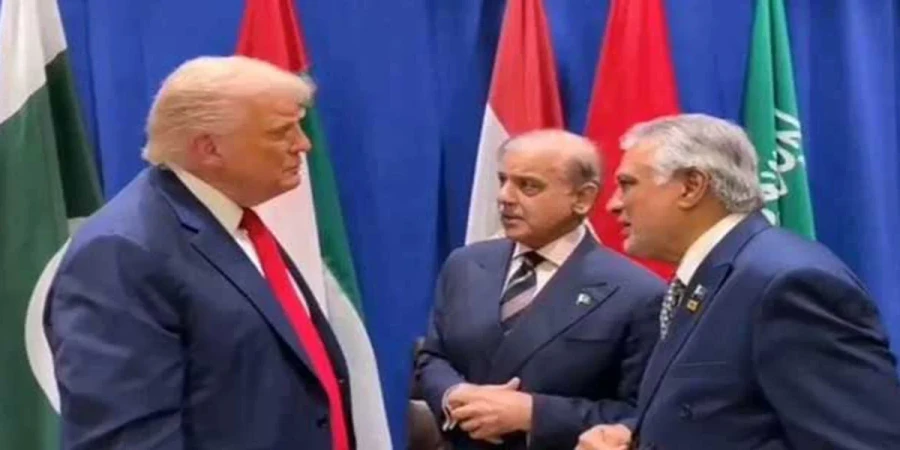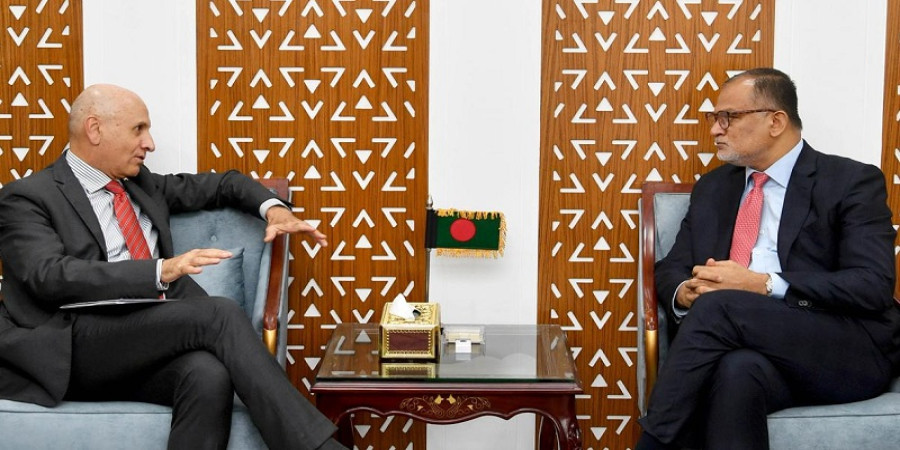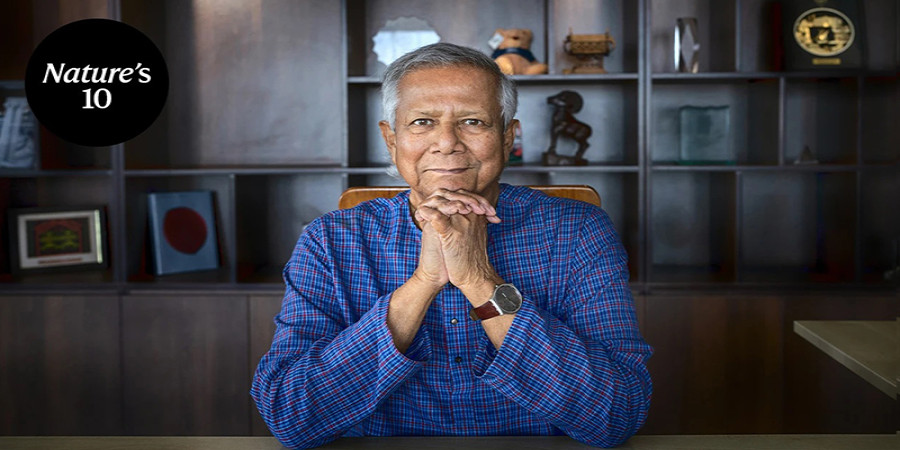
ছবি: Chief Advisor Dr. Muhammad Yunus | Photo: Nature.com
In a significant recognition of his lifetime of work, Dr. Muhammad Yunus, the chief advisor of Bangladesh’s interim government, has been named among the top 10 most influential figures in the world by the international science journal Nature. This recognition, published on December 9, 2023, honors those who have made substantial contributions to scientific progress in 2024. Dr. Yunus, whose name appears at number seven on the list, is celebrated for his transformative impact on both economics and society.
The Nature report, titled "The Revolutionary Economist Who Became the Unlikely Leader of Bangladesh," highlights Dr. Yunus as a "nation builder" and emphasizes his groundbreaking work in alleviating poverty. Known for his innovative ideas, he has spent over six decades of his career experimenting with new concepts aimed at poverty eradication. His approach to decision-making is grounded in research, taking context and real-world problems into consideration to find effective solutions.
The report notes that following the fall of the authoritarian government in Bangladesh on August 5, 2023, student leaders of the movement invited Dr. Yunus to take on the role of the head of government. In this capacity, he has been working toward state reforms and guiding the country’s recovery efforts.
Dr. Yunus’s career trajectory has been remarkable, particularly for his revolutionary creation of microfinance. In the 1970s, he demonstrated how small loans, when managed effectively, could empower the poorest segments of society and bring about lasting change. In 1983, he founded Grameen Bank, which not only expanded microfinance globally but also started a global movement aimed at eradicating poverty.
In addition to his groundbreaking economic work, Dr. Yunus played an instrumental role in Bangladesh’s post-war reconstruction in the 1970s and is considered a key figure in the nation's social and economic development. His ongoing efforts now focus on reforming a country of 170 million people and addressing significant challenges such as combating corruption, ensuring justice, and protecting citizens’ rights.
Alex Counts, who has worked closely with Dr. Yunus for over 30 years, praised his vitality and leadership. Despite being in his 80s, Yunus remains in excellent physical and mental health, continuing to inspire with his empathetic approach and communication skills.
Born in British-ruled Chittagong, Bangladesh, Dr. Yunus moved to the United States in the 1960s to study under environmental economics pioneer Nicholas Georgescu-Roegen at Vanderbilt University. His early work in environmental economics laid the foundation for his later innovations in microfinance. His introduction of microcredit has since become one of the most significant movements in development economics.
With the latest recognition from Nature, Dr. Yunus’s influence extends beyond economic theory into global political reform. His leadership of Bangladesh’s interim government comes at a critical moment for the country, where the public is eager to see progress in fighting corruption and reforming the country’s political institutions.
US economist Mushfiq Mobarak, who teaches at Yale University, reflected on the changes brought by Dr. Yunus and other key leaders in Bangladesh's current government. Before the August revolution, several national institutions such as the police, judiciary, and banking systems were heavily politicized. However, Dr. Yunus and a group of university students—now serving in the interim cabinet—have worked with experts to ensure that government institutions remain free from political influence.
The recognition of Dr. Yunus by Nature further cements his place as a visionary leader, not only in economics but also in political and social reform. As Bangladesh faces ongoing challenges, his ability to merge expertise in economics with a deep commitment to social justice offers hope for a new, more equitable future.
repoter



